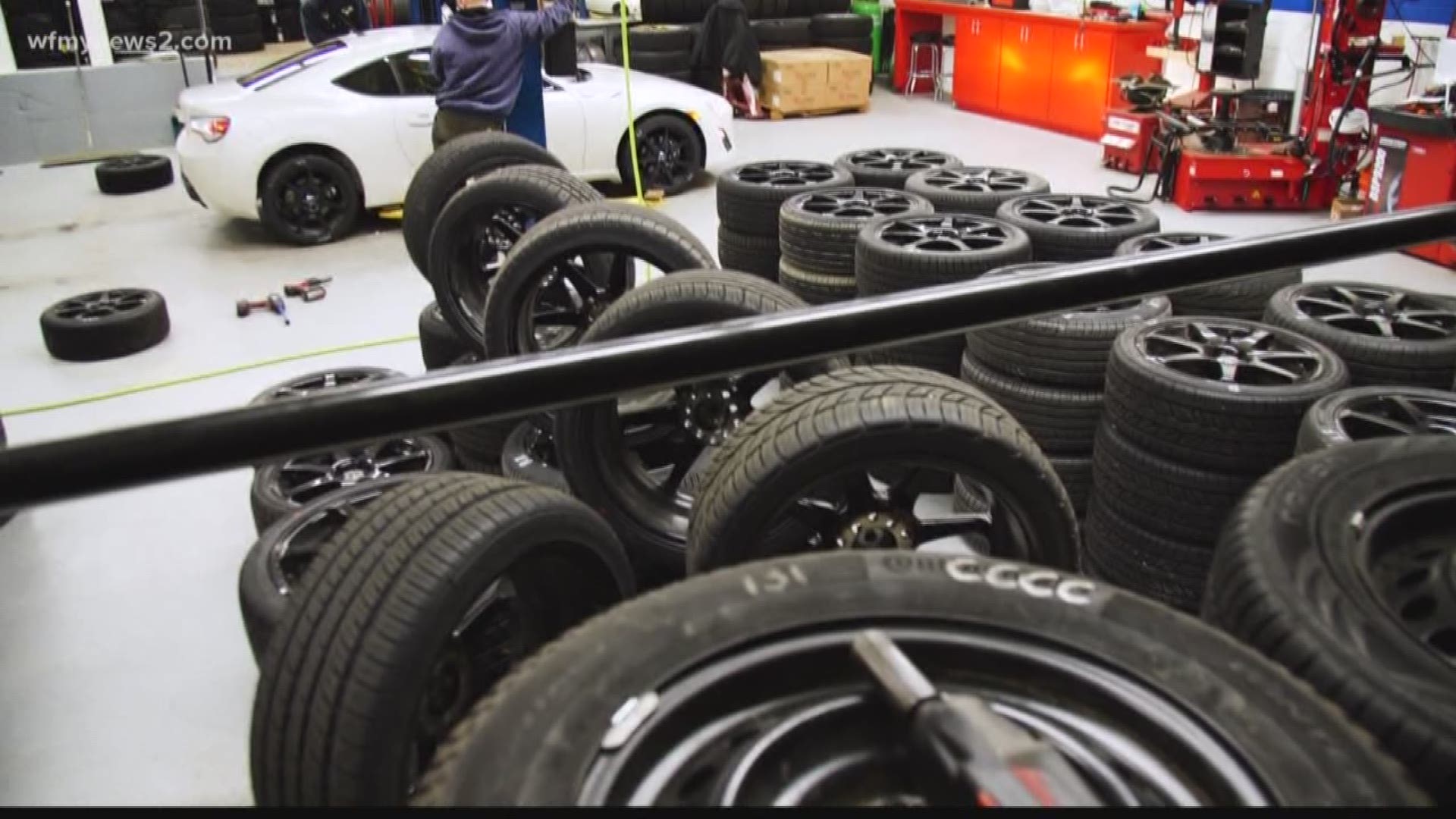If you’re looking for a do-it-all tire that can take you from a snowstorm through a heatwave, all-weather tires might do the trick. They have specially engineered tread designs and enhanced rubber compounds that give them traction in cold weather to rival winter and snow tires, and they perform well in milder conditions, similar to all-season tires.
Consumer Reports bought 6 hundred and 30 tires this year to test 63 brands. Tire experts conducted rigorous tests on tires in common sizes under different conditions, including on dry and wet roads. The tests included those for braking and handling, comfort, and treadwear. And they even drove on an ice skating rink to assess traction and stopping distances.
So what happened when the rubber hit the road? The top-rated tire tested by Consumer Reports is the Michelin CrossClimate Plus for 171-dollars. And next is the Goodyear Assurance Weather Ready for 142-dollars.
Some of these do cost more than traditional performance all-season tires, but you’ll save money in the long run. That’s because you won’t have swap them out twice a year as you do with winter tires. And although tread life varies depending on road conditions, most all-weather tires have treadwear warranties of 45,000 miles or more.
Consumer Reports also rated all-season tires, a good year-round choice in less extreme winter climates, and recommends the General Altimax RT43 for 87 dollars and the Michelin Defender T & H for 115-dollars.
So to get some traction this winter, make sure you have tires that are right for you. And Consumer Reports says don’t forget to check your tire pressure during the colder months. Underinflated tires wear out faster and can also be a safety risk.

